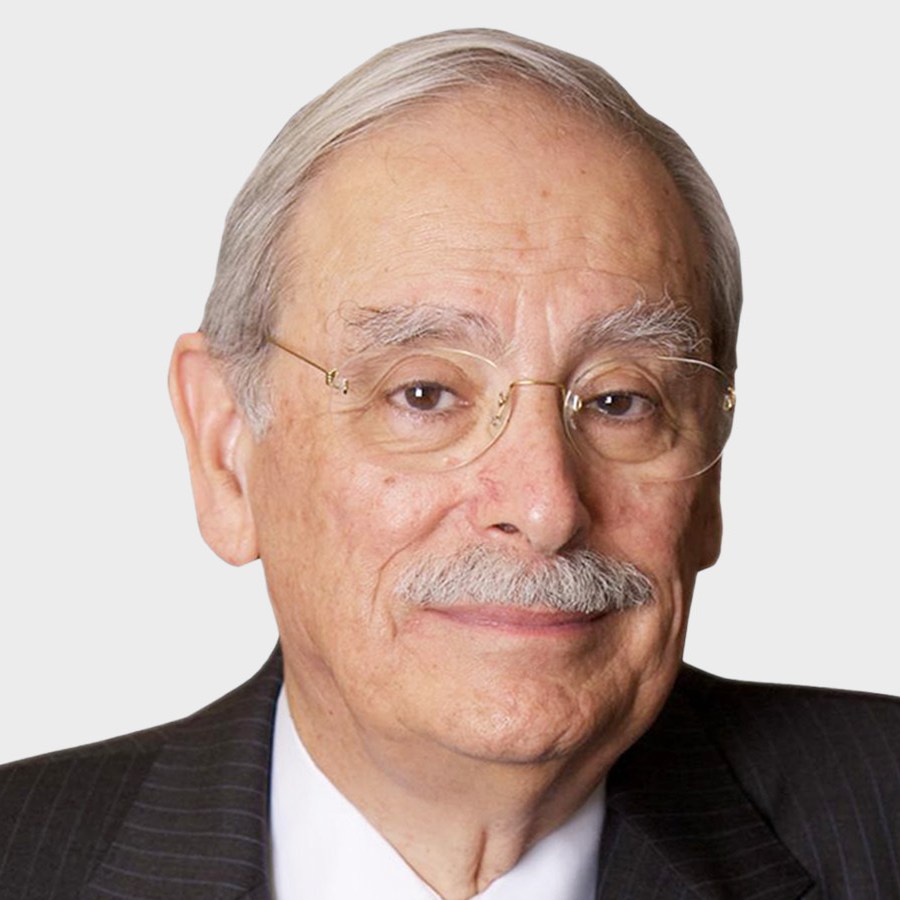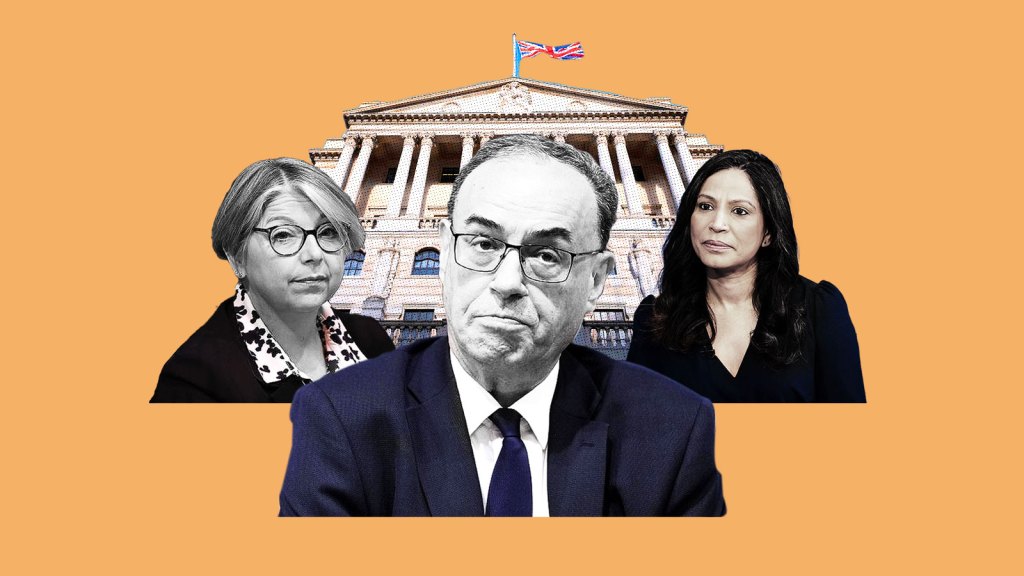A New President’s Challenge: Undoing Trump’s Policies
As January 20, 2029, dawns, the 48th President of the United States takes his place in the Oval Office, preparing to differentiate his administration from that of Donald Trump. This new leader opts for a traditional touch, signing executive orders with an elegant White House pen, in contrast to Trump’s infamous use of a thick black Sharpie, which left a memorable mark on the presidency.
The preceding election saw voters express their frustration, now directed at Trump’s successor. Having weathered rising costs driven by tariffs that Trump implemented—termed excessive by recent judicial findings—voters felt betrayed by the promises of lower prices.
Concerns grew as the electorate faced a series of crises that impacted their financial security. The increase in national deficits led to higher mortgage interest rates, while tax cuts appeared to disproportionately benefit the wealthy. Moreover, the constant barrage of misinformation broadcast daily for four years contributed to voter discontent.
In a decisive move, the electorate awarded the new president significant majorities in both the House and Senate. Hakeem Jeffries took the helm as Speaker of the House, while Alexandria Ocasio-Cortez emerged as Senate Majority Leader, succeeding Chuck Schumer amidst a challenge from the party’s progressive faction. AOC’s previous accusations against Israel raised eyebrows and incited tensions, particularly regarding potential shifts in military and financial support.
In the run-up to the inauguration, ambition swirled around the new administration. The president sought an attorney general willing to pursue legal action against the Trump family for alleged corruption. Simultaneously, plans were underway for a head of the Securities and Exchange Commission to implement stricter regulations on cryptocurrencies, believed to have boosted the Trumps’ wealth. As potential candidates for cabinet positions surfaced, discussions also hinged on the need to ensure educational and health safeguards in response to the impacts of the Trump administration.
Speculation emerged about Dr. Anthony Fauci possibly stepping into the health role, significantly impacting public health measures and industry stocks.
The new president’s first actions included halting deportations of individuals who crossed the border illegally, reinstating their rights to due process. Replacements for Trump-era appointees were anticipated, as the new administration positioned itself to rectify previous missteps.
Addressing the aftermath of Trump’s tariffs remained a daunting task; foreign investors began to retract pledges for new factories that promised American jobs. Supply chains, hastily redirected during Trump’s term to evade tariffs, were rendered obsolete.
New leaders of the tax committees took charge, crafting proposals aimed at taxing wealthy individuals and corporations while eliminating certain tax deductions that benefitted private equity moguls. With substantial congressional majorities, they prepared to revise Trump’s tax cuts, anticipating that electoral repercussions could be mitigated before upcoming elections.
In a notable sign of stability, the president confirmed Jerome Powell’s reappointment as chairman of the Federal Reserve, aiming to assure the markets with a commitment to reduce the substantial deficits that escalated during the previous administration.
Many challenges lay ahead, including the sensitive task of returning a high-profile 747 aircraft to Qatar, which would be entrusted to the Secretary of State. Additionally, negotiations for normalizing relations with Iran were set in motion, focusing on engagement with the nuclear-capable state.
The inauguration festivities beckoned, funded by grassroots contributions as billionaires reassessed their affiliations, seeking access to the new administration reflecting the changing political landscape. The potential transfer of power from Republican to Democratic lobbyists highlighted the necessity of connections in the shifting environment.
With a re-election campaign looming on the horizon, preparations for the upcoming electoral battle were set to begin in earnest.
Irwin Stelzer is a business adviser




Post Comment